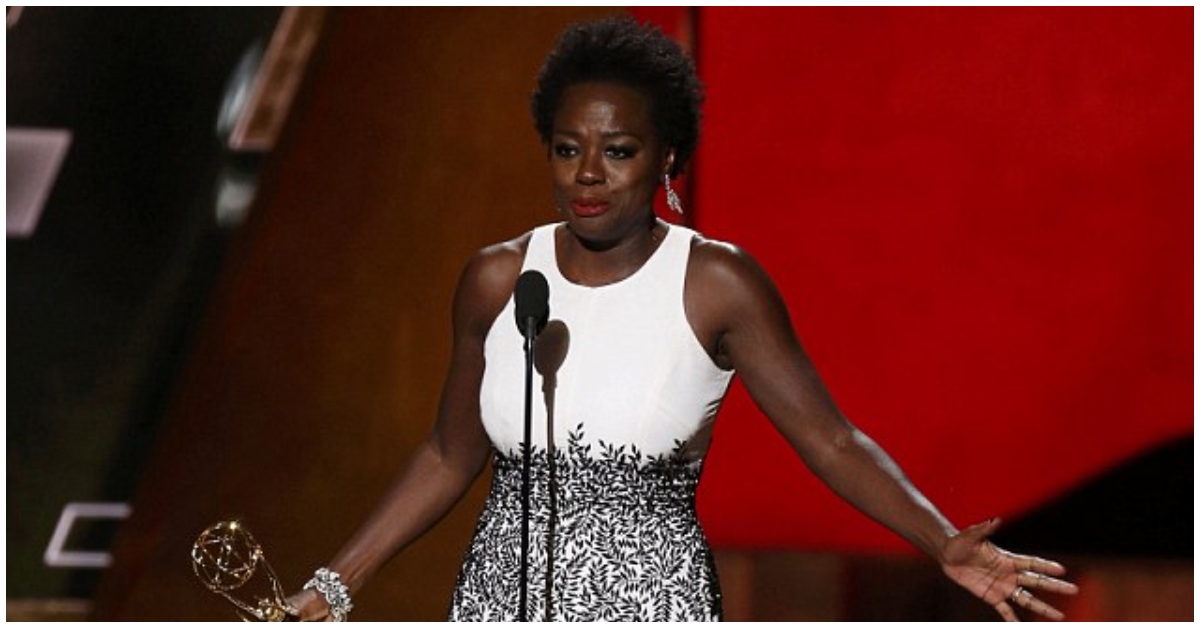A Groundbreaking Win For Inclusive Representation
On September 20, 2015, Viola Davis cemented her place in Emmy Awards history when she became the first African-American woman to earn the Outstanding Lead Actress in a Drama Series award.
Her riveting performance as complex law professor Annalise Keating in ABC’s hit drama “How to Get Away With Murder” earned praise throughout Hollywood.
But her acceptance speech shined an emotional spotlight on deeper issues of inclusion and access facing Black women in the entertainment industry.
An Impassioned Call For More Opportunities
Davis opened her show-stopping speech with a quote from abolitionist Harriet Tubman: “In my mind I see a line. And over that line, I see green fields and lovely flowers.” The imagery symbolized the exclusion that Black female performers have long endured in pursuing richer creative roles.
As Davis raised her long-awaited Emmy Award, tears flowed among the audience.
“The only thing that separates women of color from anyone else is opportunity,” she emphasized. “You cannot win an Emmy for roles that are simply not there.”
Backstage later, Davis reiterated the stark contrast in access, noting roles that exist abundantly in real life yet rarely appear on screen. “As many people that are out there are as many stories that should be told,” she asserted.
Blazing The Trail For Future Generations
While Davis took a moment to honor fellow trailblazers like Halle Berry, she also looked ahead to a more inclusive landscape where women of color increasingly shape their own narratives both in front of and behind the camera. As Davis once stated, it’s her mission to ensure those voices remain part of the evolving story.
With her 2015 Emmy win, Davis ensured the story of Black women ascending TV’s highest peak will inspire the Viola Davises of the future chasing their own dreams just over the line. For them and so many others, a new field of possibilities emerged.




